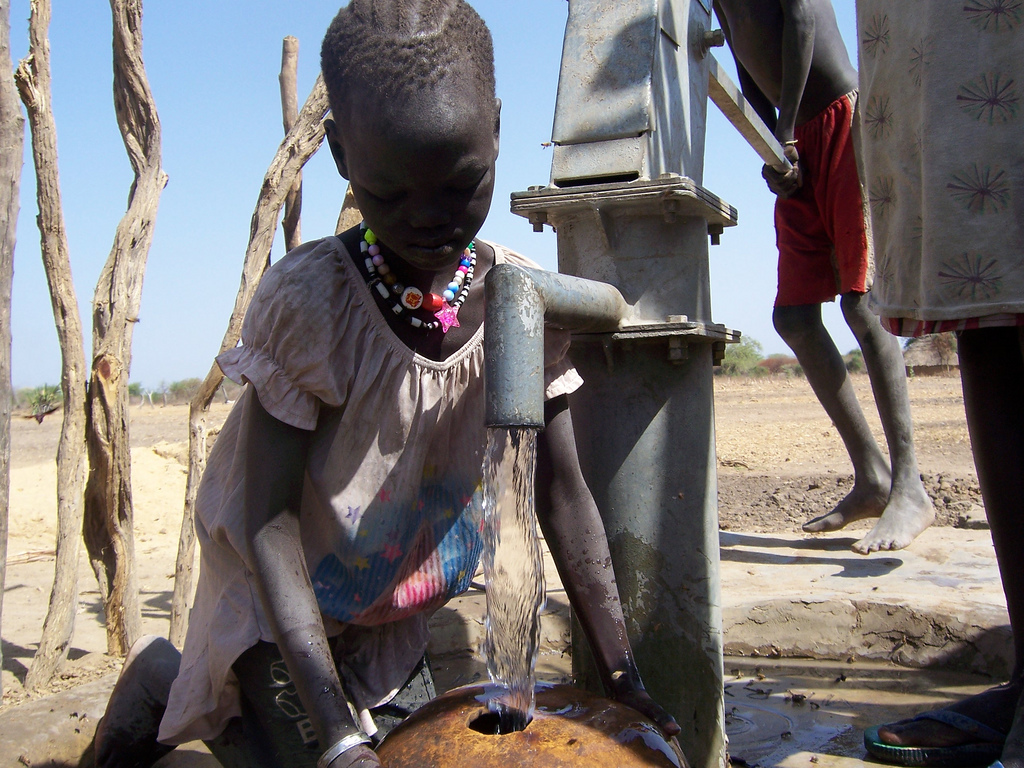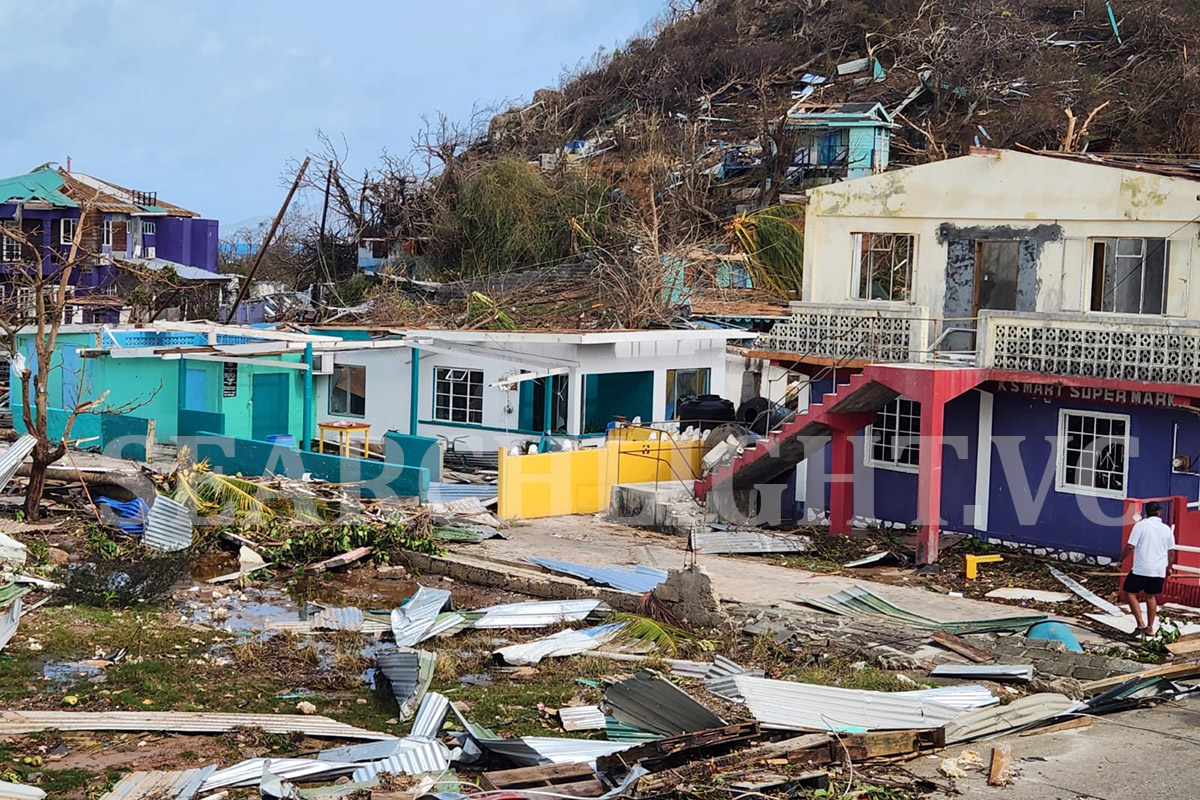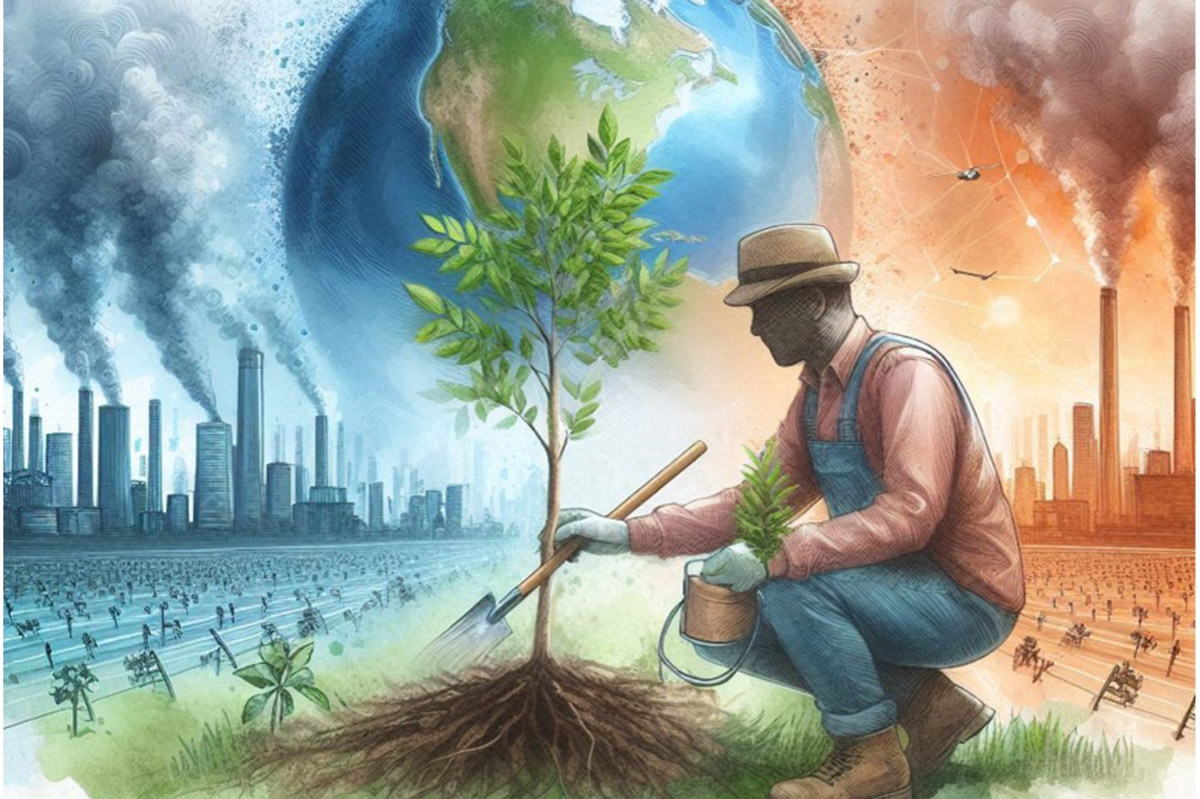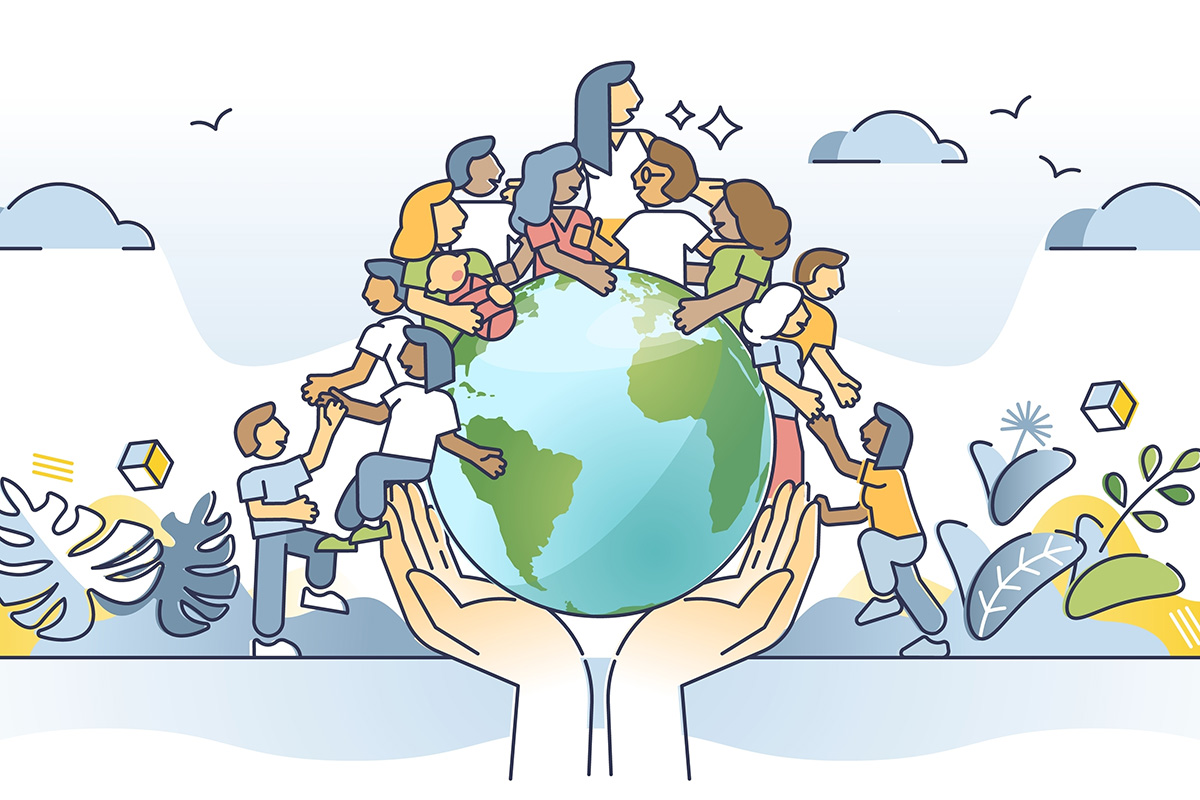“Water scarcity: who will come to the rescue?”
January 8 Climate change is affecting global water supplies, writes Humphrey Musila, 25, a Correspondent from Kenya now studying in the United States, who argues the solution to water scarcity requires resources, policy and investment.
Climate change is affecting global water supplies, writes Humphrey Musila, 25, a Correspondent from Kenya now studying in the United States, who argues the solution to water scarcity requires resources, policy and investment.
The largest gathering of world leaders in Paris in December, 2015, aimed at striking an ambitious deal on the effects of climate change.
Climate change is a big cause for water scarcity around the globe. But let’s focus first things first.
Human beings across the world are facing inadequate access to water. In the USA for instance, the state of California has been hit by drought due to shortage of rains. Having been born and raised in Africa, I can attest to the shortage of water and its consequences to millions of people across the African continent.
Given the above facts, there is an urgent need to ask ourselves questions regarding the issue of water scarcity, not only in Africa but across the world. How is water useful to the living things across the globe? What actions do we need to take to ensure that these living things have adequate water resources? What is the role of factors such as demand, rate of population, corrupt government institutions, lack of clear water policies, pollution and climate change?
Water is an issue close to my heart because of my first-hand experience. My personal experience was not a smooth one. I was born and raised in a small town called Makueni, in the eastern part of Kenya. Growing up, we had hardly any access to water – let alone clean water. We would go for days without taking a bath or washing clothes. The small quantity of water that was available was reserved for cooking and drinking. That cooking water came from rivers, and our mothers would walk miles to fetch it. I must admit that the water was not very clean and no one bothered to boil it before cooking or drinking.
It is no secret that there has been water scarcity in Africa as a whole for many decades now. Only a small percentage of the continent’s land is used for agriculture, as the rest is arid. There are hardly any natural water resources that can provide equitable delivery of water to the many regions across the continent. It is devastating to note that a majority of the people walk several miles in search of water – many of them women and children.
The above challenges lead to a mind-boggling question: Is there anything that can be done to solve the issue of water in developing countries across the world once and for all? As much as I acknowledge the water challenge facing developed countries like the United States, we must admit that the water problem critically affects a majority of developing countries.
I firstly blame government institutions, which have the responsibility of policy-making roles which are supposed to be geared towards providing the people with adequate access to water. Here, corruption can be a factor. Every government has a specific department of water, which is supposed to play crucial roles in channelling funds toward public access to water. In my opinion, every government is supposed to dig wells, dams or boreholes that provide water and serve its people. There are also water supply and sanitation problems that need to be addressed. Instead, the funds set aside for this purposes can sometimes end up in private pockets with little accountability for the lost funds. Corruption is driving people to problems.
At the same time, I must acknowledge the fact that there are hundreds if not thousands of individuals and non-governmental organizations that have been on the forefront of providing access to water to people lacking this precious commodity. These organizations have begun the process of funding many water projects, either by developing and expanding the current water sources or investing to start new water projects such as boreholes and dams. With these initiatives, the people have been able to undertake small scale farming such as planting vegetables that will make a difference in their lives.
photo credit: Filling a Water Jug via photopin (license)
…………………………………………………………………………………………………………………
About me: I’m studying Political Science and Peace Journalism in the United States, and am the founder of African Tutor – an online platform assisting student academics and providing tutor jobs for graduates.
I’m an Alumnus at Coro Kansas City internship (USA) – a highly intensive top ten nationally ranked internship program in public affairs. I am passionate about youth and global affairs, social media marketing, research and writing, education, youth empowerment, public policy and information technology.
…………………………………………………………………………………………………………………
Opinions expressed in this article are those of the author and do not necessarily represent the views of the Commonwealth Youth Programme. Articles are published in a spirit of dialogue, respect and understanding. If you disagree, why not submit a response?
To learn more about becoming a Commonwealth Correspondent please visit: http://www.yourcommonwealth.org/submit-articles/commonwealthcorrespondents/
…………………………………………………………………………………………………………………




